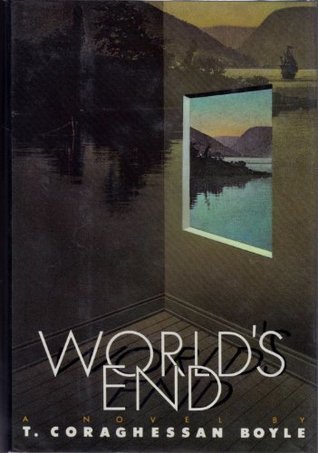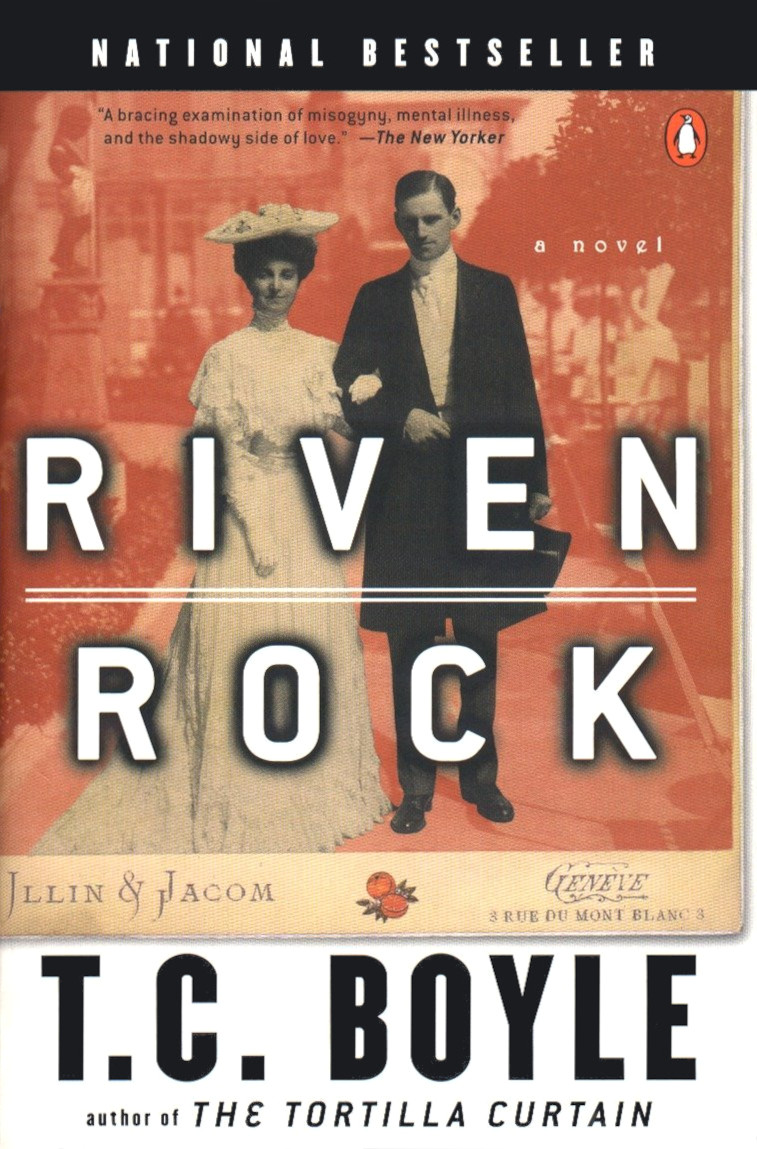
The Women
Book Description
Amid the vibrant chaos of 20th-century America, four captivating women become the prism through which the enigmatic life of Frank Lloyd Wright is revealed. Torn between passion and ambition, fragile dreams and unquenchable desires, each woman's story intricately weaves a tapestry of love, betrayal, and art. As their lives intertwine with Wright's genius, a storm of conflict brews, threatening to unravel their carefully constructed worlds. Secrets linger in the air, and loyalty is put to the ultimate test. In a world where love and ambition collide, what sacrifices will they make to be remembered?
Quick Book Summary
"The Women" by T. Coraghessan Boyle artfully chronicles the turbulent life of iconic architect Frank Lloyd Wright through the intertwined stories of four remarkable women—his three wives and one mistress. Set against the dramatic backdrop of early 20th-century America, the novel delves into the passions, ambitions, and sacrifices of these women, each drawn into the orbit of Wright’s creative genius and personal chaos. Through their perspectives, the novel explores the tension between love and betrayal, artistic inspiration and personal destruction, and the enduring price of living in service to an extraordinary vision. Boyle’s narrative reconstructs the emotional landscape of Wright’s life, exposing the complex power dynamics, cultural upheavals, and emotional tolls that shaped both Wright and the women irrevocably tied to him.
Summary of Key Ideas
Table of Contents
The Intersection of Genius and Turmoil
The story unfolds primarily at Wright’s legendary Wisconsin home, Taliesin, serving both as sanctuary and battleground. Boyle’s narrative structure filters the architect’s life through the emotional experiences of four extraordinary women—Kitty Tobin, his first wife; Mamah Borthwick Cheney, his lover; Miriam Noel, his tempestuous second wife; and Olgivanna Milanoff, his much younger third wife. Each woman’s perspective provides a window into not just Wright’s charismatic and often reckless nature, but the social tides and personal aspirations that shaped each relationship and its aftermath.
Women's Voices in the Shadow of Greatness
Kitty Tobin, Wright's first wife and the mother of his children, struggles with the demands of family, fidelity, and public scandal as Wright’s infidelity becomes known. Her journey is marked by the ache of betrayal and the sacrifices made to maintain stability during a rapidly changing era. Mamah Cheney’s affair with Wright is portrayed as both intellectually vibrant and ultimately tragic, driven by a quest for personal and artistic fulfillment. Through her, Boyle interrogates the boundaries of social convention and the personal cost of defying them, culminating in her shocking fate at Taliesin.
The Costs of Artistic Ambition
Miriam Noel introduces chaos and volatility to Wright’s world, possessing her own wounding brilliance and sense of theatricality. Her dependence on drugs and tormented jealousy disrupts Wright’s life and highlights the destructive power of obsession and addiction. Boyle depicts the unraveling of Miriam’s and Wright’s relationship as an emotional whirlwind, exposing the mutual exploitation and desperation that sometimes underlie romantic entanglements with charismatic but flawed figures.
Love, Betrayal, and Loyalty
Olgivanna Milanoff, the fourth major female figure, brings a different energy, blending resilience and spiritual vision. Immigrating from Montenegro, she revitalizes both Wright’s personal life and professional momentum, but her presence also stirs new tensions. Her narrative sheds light on the complexities of reinvention, immigration, and the demands placed on individuals who become entangled with greatness. Olgivanna’s story reflects the possibility of renewal but also the continued shadow cast by Wright’s past.
The Interplay of Art and Identity
Through the prism of these women’s lives, Boyle explores larger questions of genius and self-destruction, the burden of ambition, and the shifting social mores of early twentieth-century America. The novel interrogates the myth of the solitary male genius, revealing the often invisible contributions, emotional labor, and sacrifices of the women tethered to him. "The Women" ultimately becomes a meditation on the cost of art and legacy—not only for Wright but for those whose lives were eclipsed by his relentless pursuit of transcendence.
Download This Summary
Get a free PDF of this summary instantly — no email required.





